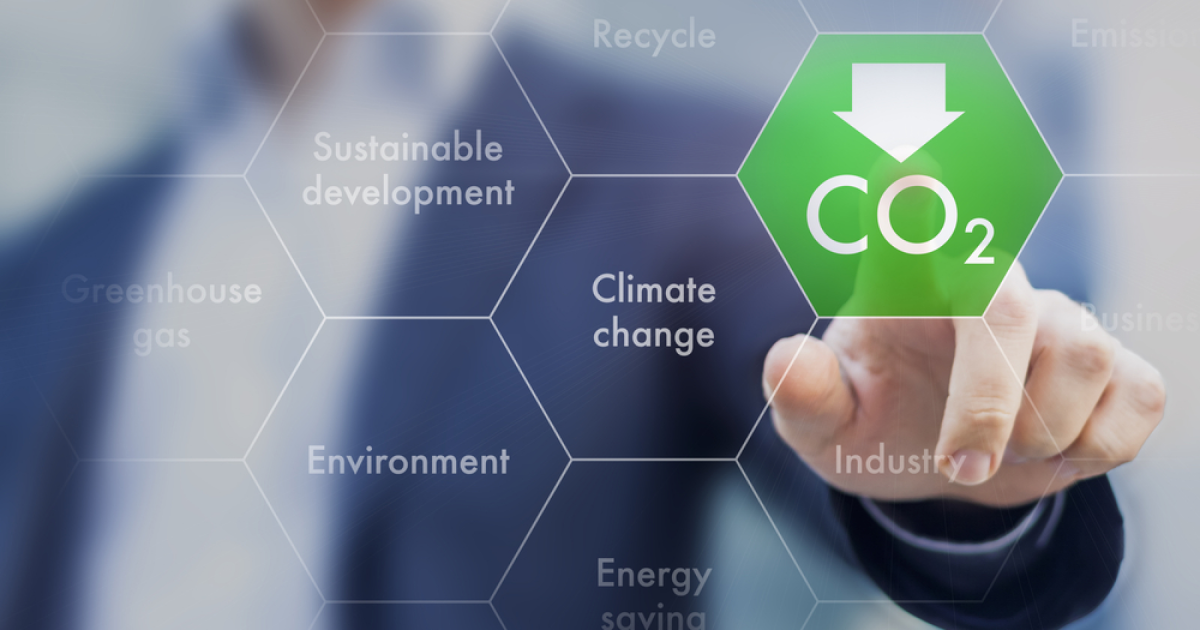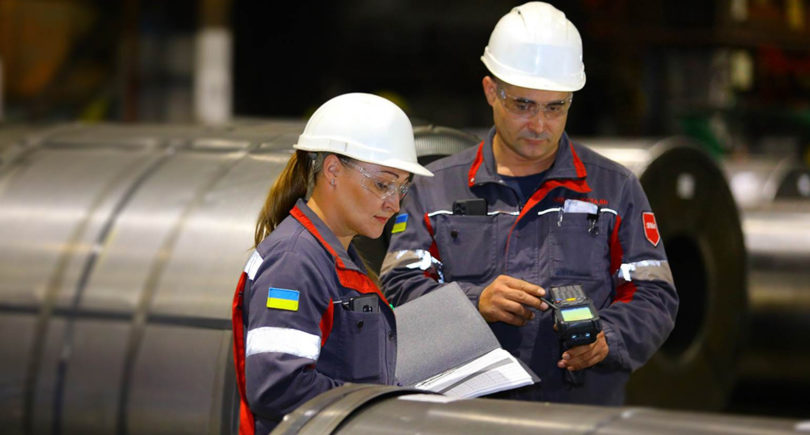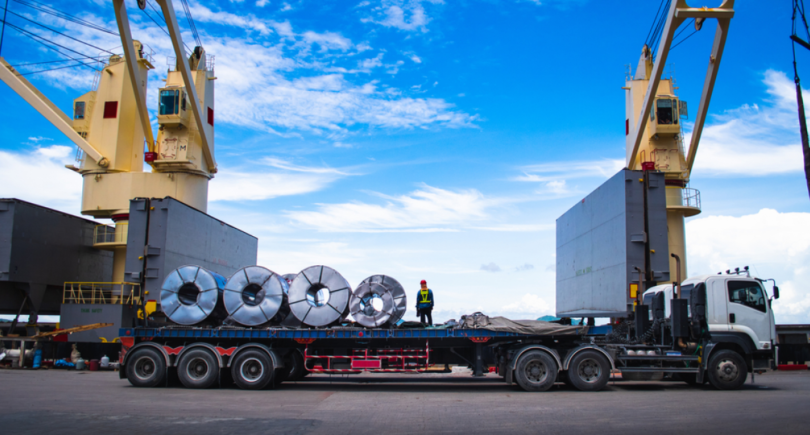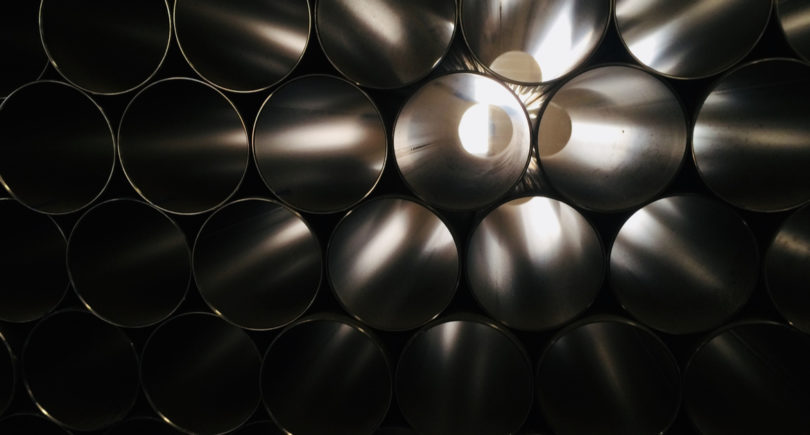
The implementing regulation details the transitional reporting obligations of importers
The European Commission adopted rules governing the implementation of CBAM during the transition phase, which begins on October 1, 2023, and will last until the end of 2025. Eurometal informs about it.
The implementing regulation details the transitional reporting obligations for importers of goods subject to the European CBAM, as well as the transitional methodology for calculating embedded emissions during the production process.
In the transition phase traders will only have to report the emissions embedded in their imports, with no financial obligations. This will give companies enough time to prepare, and will also allow the final methodology to be adjusted by 2026.
According to the implementing regulation, the first report must be submitted by January 31, 2024, for goods imported during the fourth quarter of 2023. The last report must be submitted by January 31, 2026, for goods imported during the fourth quarter of 2025.
It is also envisaged that Brussels will fine importers €10-50 per tonne of carbon emissions for non-compliance with reporting requirements during the CBAM transition period, it is stated in the regulation.
To help importers and producers from third countries, the EC has also published guidelines for importers from the EU and businesses outside its borders on the practical implementation of the new rules. At the same time, specific IT tools are currently being developed to help importers make these calculations, as well as training materials, webinars and guides to support businesses when the transition mechanism begins.
Before being adopted by the EC, the implementing regulation underwent a public discussion, and then was approved by the CBAM Committee, which consists of representatives of the EU member states.
In April 2023 the European Parliament approved five legislative acts from the Fit for 55 package, which aims to reduce greenhouse gas emissions by 55% by 2030 (compared to 1990 levels). Among those approved are CBAM and the reform of the Emissions Trading System (ETS) in the EU.
The scope of the CBAM will cover imports of pig iron, steel and aluminium, cement, fertilizers and electricity, and will cover hydrogen and indirect emissions under certain conditions, certain precursors, and certain steel products, including screws and bolts.
As GMK Center reported earlier, Poland initiated judicial appeals in relation to one of the EU’s key climate policies – they relate to CBAM and the revised Emissions Trading System (EU ETS). The country has so far lodged four complaints with the Court of Justice of the European Union (CJEU) against provisions that are part of the Fit for 55 package.




